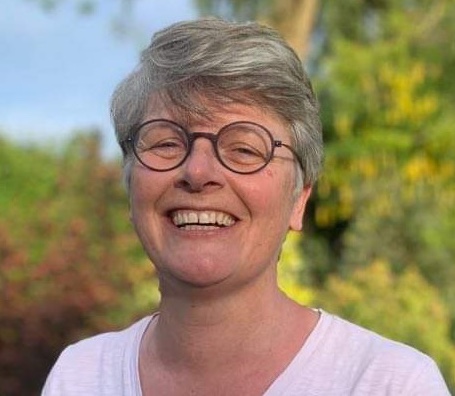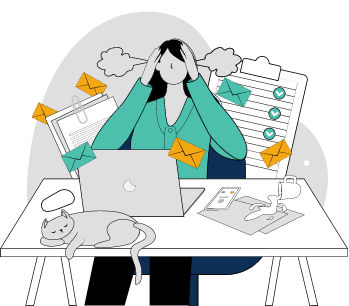Listen to this episode
On this episode
Why is it that doctors work themselves to the point of burnout and stress and making themselves sick? In a system that seems to demand perfectionism in healthcare workers, medical professionals aim for impossibly high standards. What happens when they can’t meet the standards they set for themselves?
Dr Sandy Miles joins us in this episode to explore the concept of shame and how we respond to it. She also explains why shame breeds perfectionism in healthcare workers. After explaining the concept of shame, we also share practical, actionable tips to overcome shame and have a healthier response to it.
If you want to know how shame fosters perfectionism in healthcare workers, stay tuned to this episode.
Show links
Take an off-grid You’re Not a Frog retreat with us this coming May. Get a special discount when you book before February 10th.
Can’t make it in May? Dr Sandy recommends the Acacia Retreat in September.
You’re Not a Frog Episode 92: How to Avoid Becoming the Second Victim with Dr Caraline Wright & Dr Lizzie Sweeting
Shame in Medicine: The Lost Forest, a 10-part documentary podcast produced by The Nocturnists
About the guests

Sandy Miles is a practising GP and a medical educator. She is also the co-founder of Acacia Retreat, holding bi-annual retreats for doctors feeling overwhelmed. Passionate to help fellow medical professionals, Sandy has written several research articles about shame and maladaptive behaviours in the medical industry — such as perfectionism in healthcare workers.
Sandy gained her Bachelor of Medicine from the University of London and then earned her Master of Science in Medical Humanities from King’s College London.
Follow Sandy Miles
Reasons to listen
- What exactly is shame, and how does it manifest in our daily lives?
- Learn common responses to shame and how to overcome it healthily.
- Understand why shame causes perfectionism in healthcare workers.
Episode highlights
Introducing Sandy
Defining Shame
How Identities Are Tied to Shame
3 Ways People Respond to Shame
How to Respond to Shame
Shame and Perfectionism in Healthcare Workers
How to Overcome Maladaptive Perfectionism
What You Can Do Today
Recognize What You Can Control
Sandy’s Advice
Episode transcript
Dr Rachel Morris: It’s not often that an idea comes along, which feels as if quite literally, a light bulb has appeared above my head. Now this is how I felt recording this episode about perfectionism and shame. You see, I’ve been obsessed recently with why doctors work and work and work until they make themselves sick, burnout or in crisis, and why they find it so hard to say no, not to go above and beyond the call of duty all the time to drop stuff or even admit that they need help. The answer lies, I think, in…









